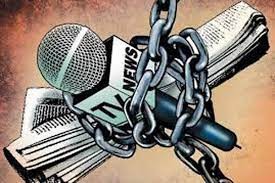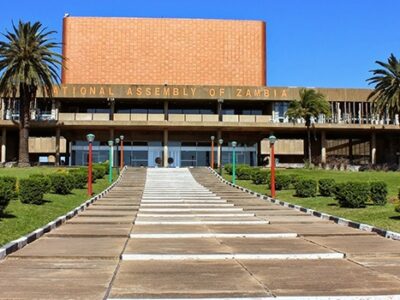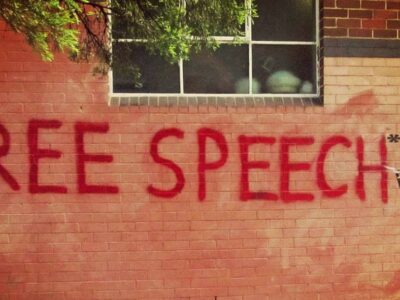Zambia’s media landscape has undergone a significant shift, with digital and social media platforms sparking a surge of creative expression.
These platforms have become a megaphone for marginalized voices, providing a space that supports freedom of speech and self-expression—freedoms that traditional media often failed to offer in the past.
The Constitution of Zambia, as the supreme law of the land, recognizes and guarantees the freedom of expression under Article 20.
According to Article 20(i), “Except with his own consent, no person shall be hindered on the enjoyment of his freedom of expression, that is to say, freedom to hold opinions without interference, freedom to impart and communicate ideas and information without interference, whether the communication be to the public generally or to any person or class of persons, and freedom from interference with his correspondence.”
The enactment of the Access to Information (ATI) law by the 7th President, Hakainde Hichilema, has further facilitated media freedom by ensuring unhindered access to critical public information.
The Media Institute of Southern Africa (MISA) Zambia noted that the ATI law marked “a historic milestone for media freedom and transparency in Zambia after two decades of relentless advocacy and discussion.”
MISA Zambia stated, “This significant achievement reflects a positive step towards fostering an open and informed society and a transparent government.”
However, free speech in Zambia is increasingly becoming a divisive rather than a unifying factor as freedom of expression is being abused.
While it remains a fundamental right essential for democratic participation and self-expression, its misuse poses serious threats to information integrity and democracy.
In an interview, Kelvin Phiri, a third-year student at the University of Zambia, described the growing abuse of free speech on media platforms as “a double-edged sword.”
He noted that while these platforms provide the public with freedom of speech, they also create problems that affect the flow of information and democracy.
“One of the major challenges of the abuse of free speech is the spread of fake news, which is a complex and unresolved issue,” he said.
Phiri further explained that detecting fake content remains a significant challenge, one that continues to impact information integrity and democracy by spreading misinformation.
“Fake news is designed in a way to closely resemble the truth, which makes it hard to determine its authenticity,” he stated.
Towela, a freelance journalist, echoed similar concerns, emphasizing that the abuse of free speech poses a significant danger to information integrity and democracy.
She noted that the misuse of free speech can lead to the spread of misinformation and disinformation, disrupting public discourse and eroding trust in institutions.
“Misleading information causes confusion among citizens and undermines trust in media institutions,” Towela mentioned.
She further warned that the abuse of freedom of speech could also undermine democratic processes, such as elections, by manipulating public opinion through the spread of misinformation.
Where there is rampant misinformation and disinformation, significant harm to health, legal, educational, or economic sectors is the inevitable result.
Unchecked abuse of free speech can also lead to the prevalence of propaganda and biased reporting, which further damages the credibility of information sources.
To sum up, while freedom of expression is a fundamental right essential to democratic societies, its abuse has far-reaching consequences on information integrity and democracy.
To mitigate these consequences, it is crucial to promote critical thinking and media literacy and to implement measures that can limit the abuse of free speech by the necessary authorities.
This will help reduce the spread of misinformation and disinformation.
WARNING! All rights reserved. This material, and other digital content on this website, may not be reproduced, published, broadcast, rewritten or redistributed in whole or in part without prior express permission from ZAMBIA MONITOR.












Comments